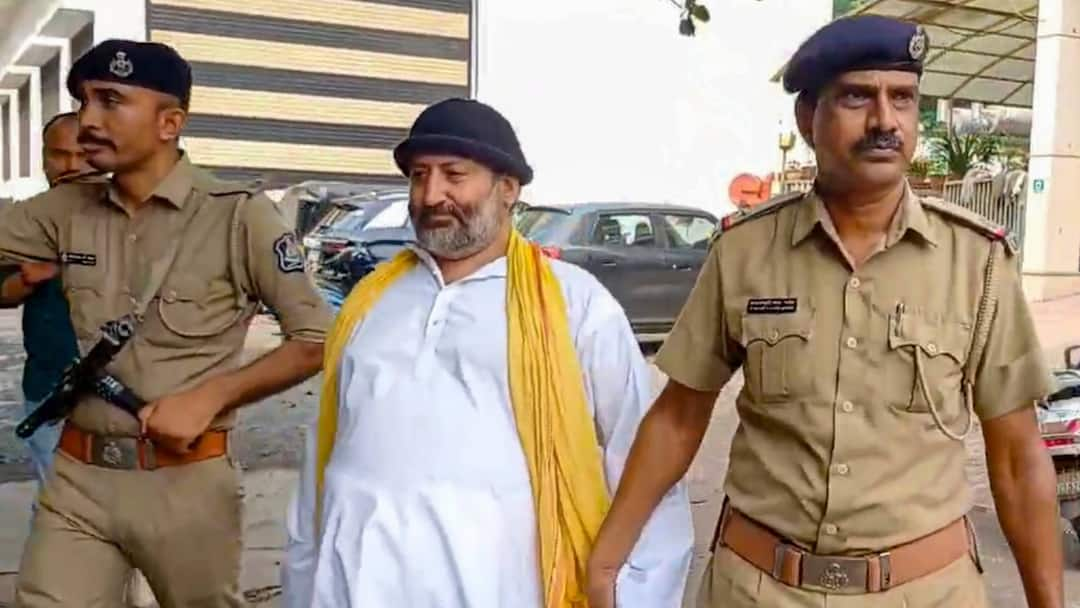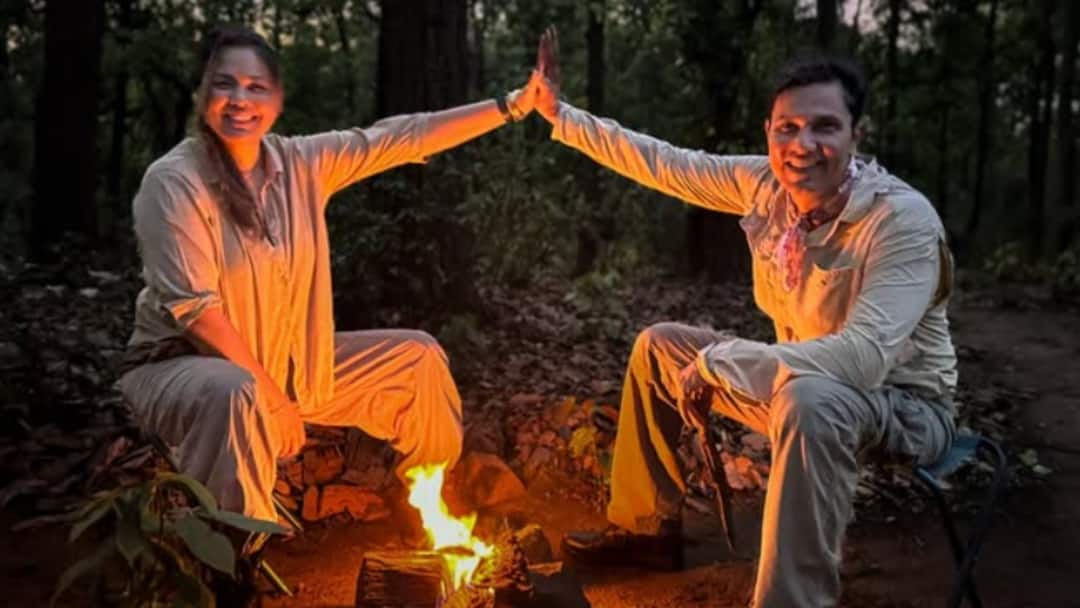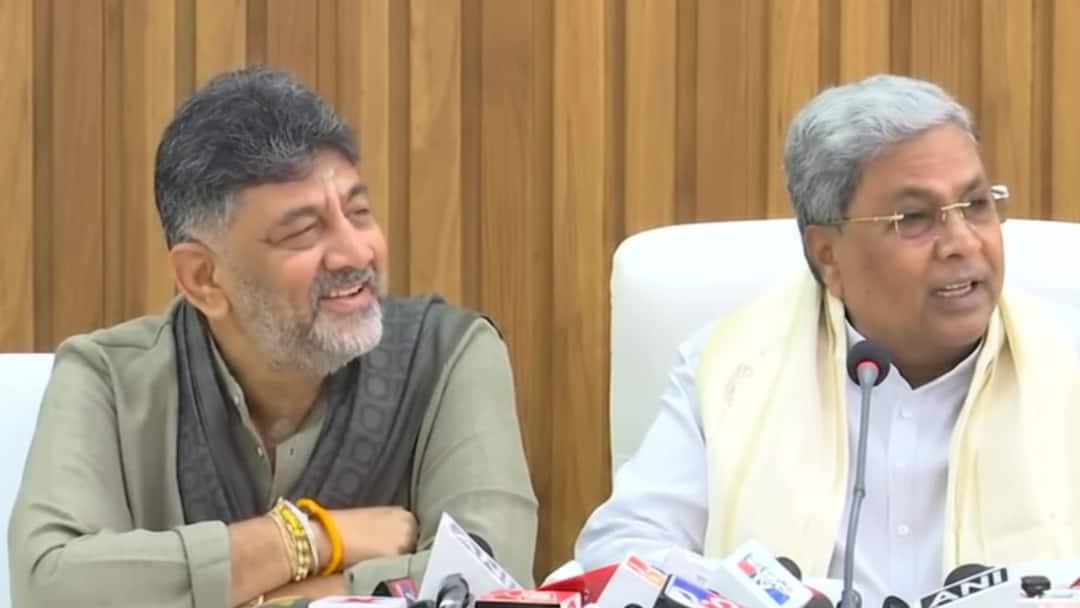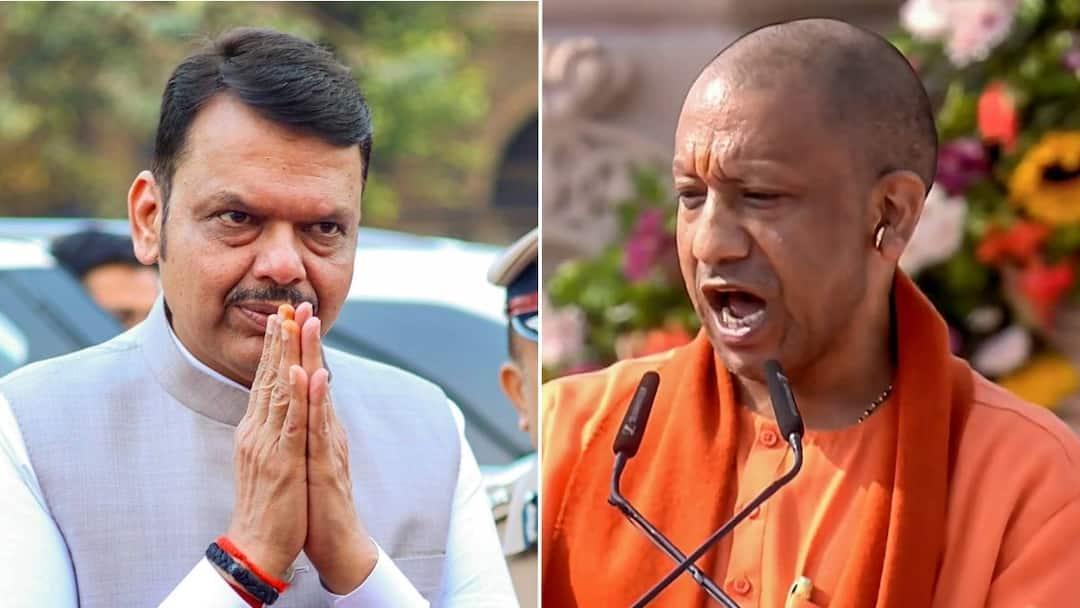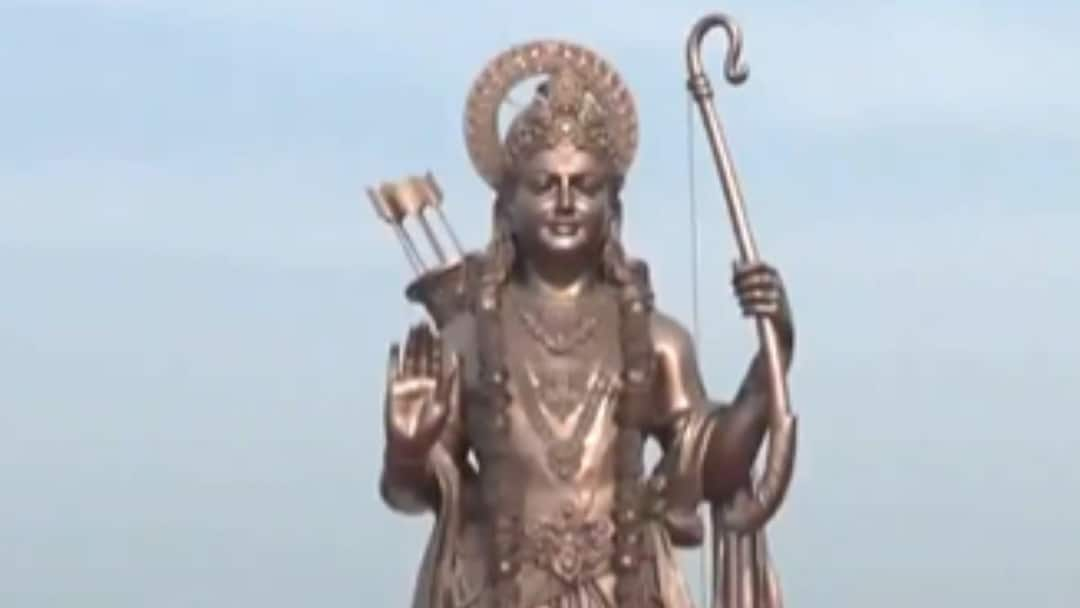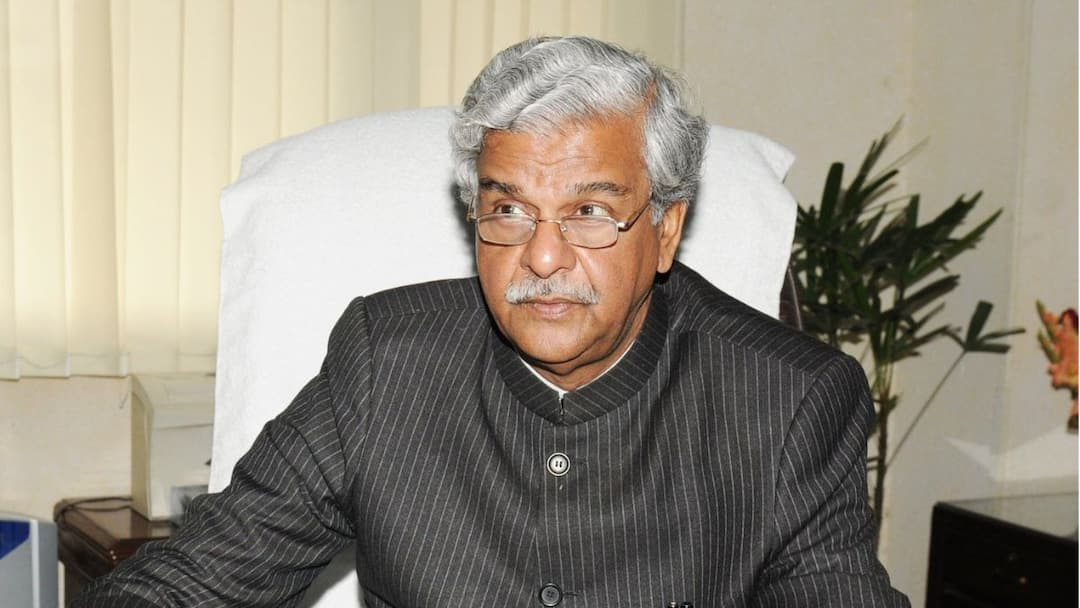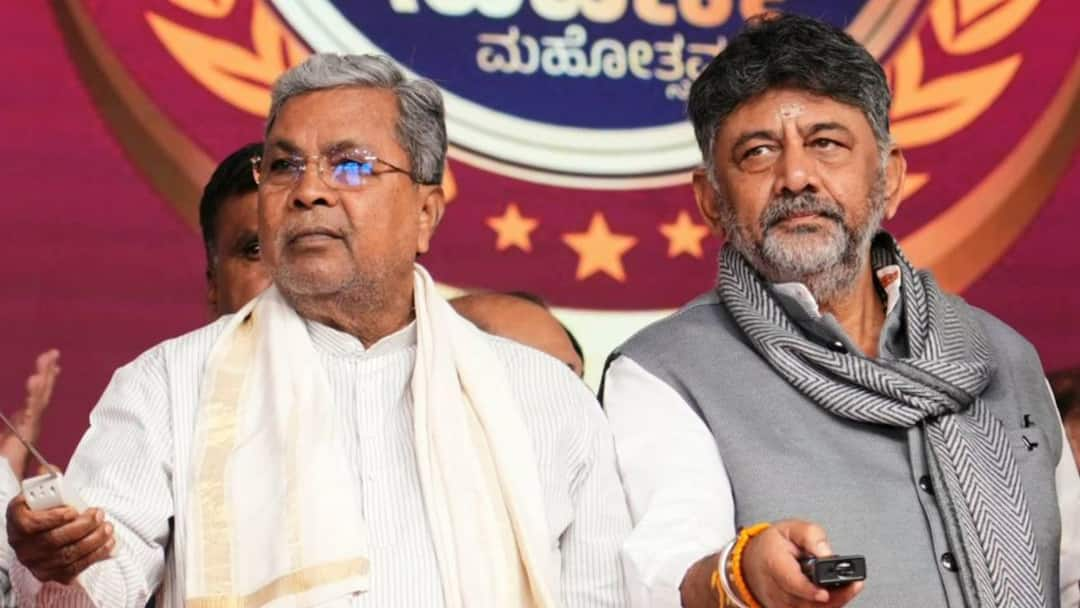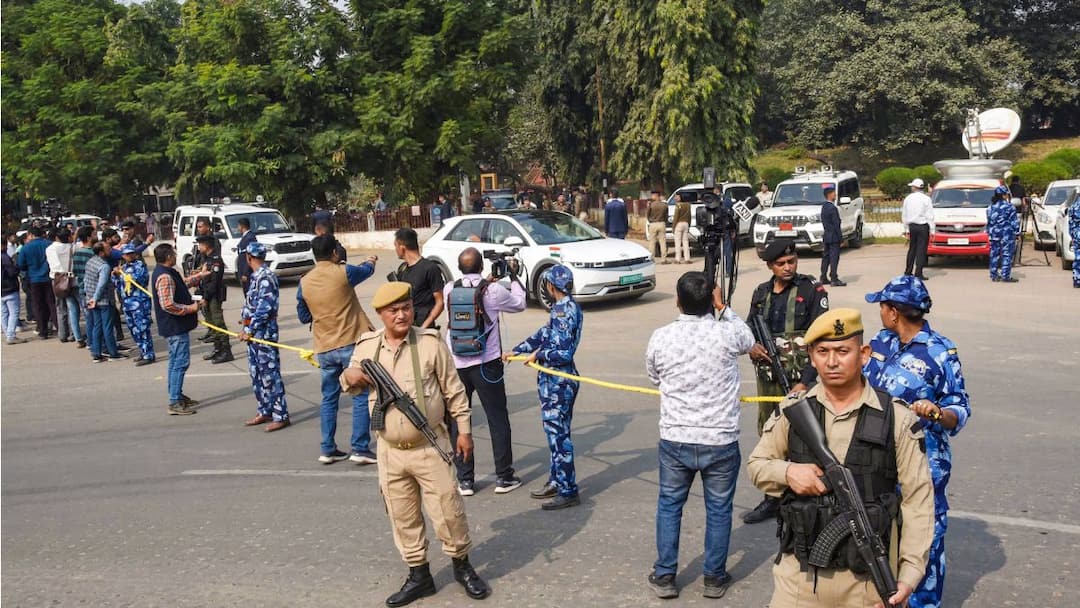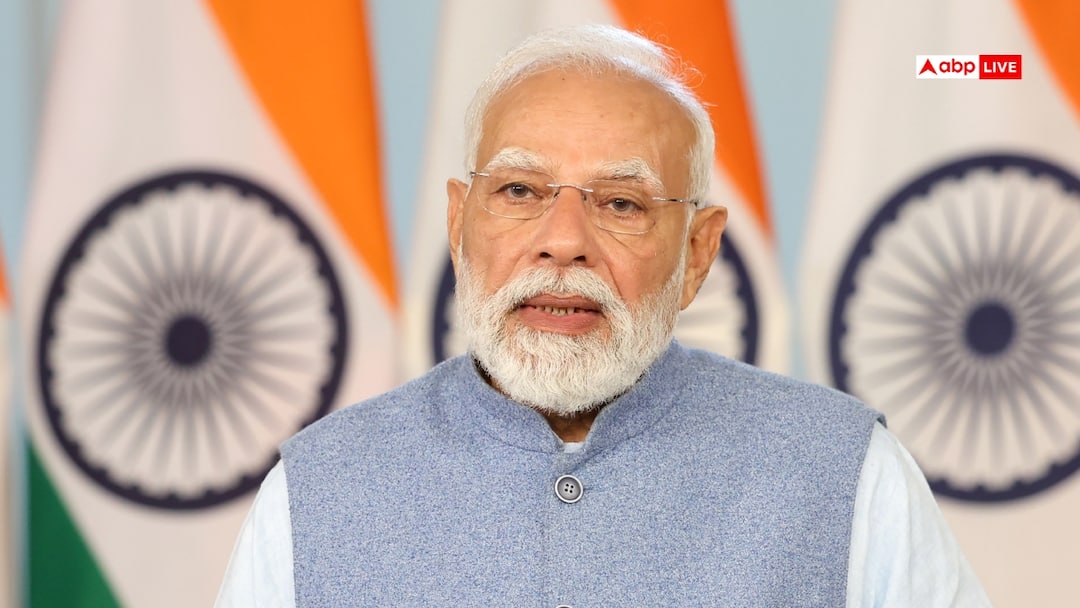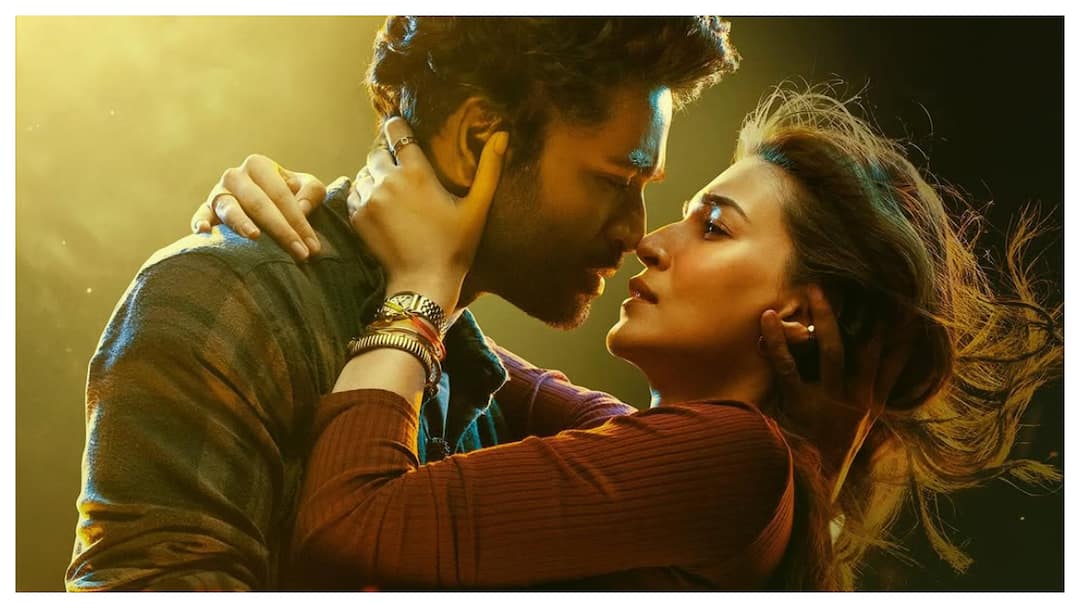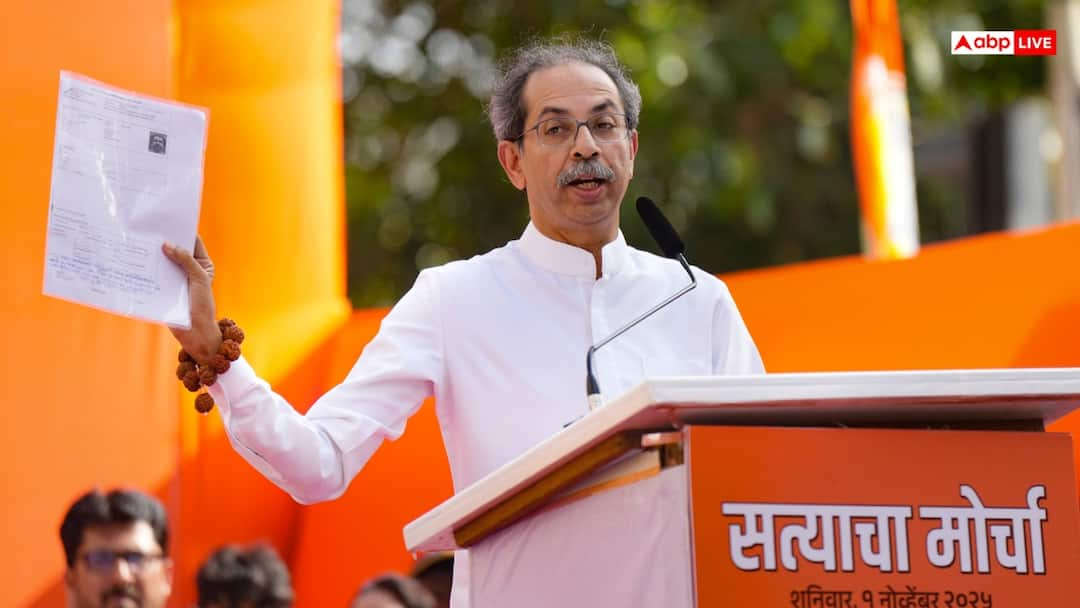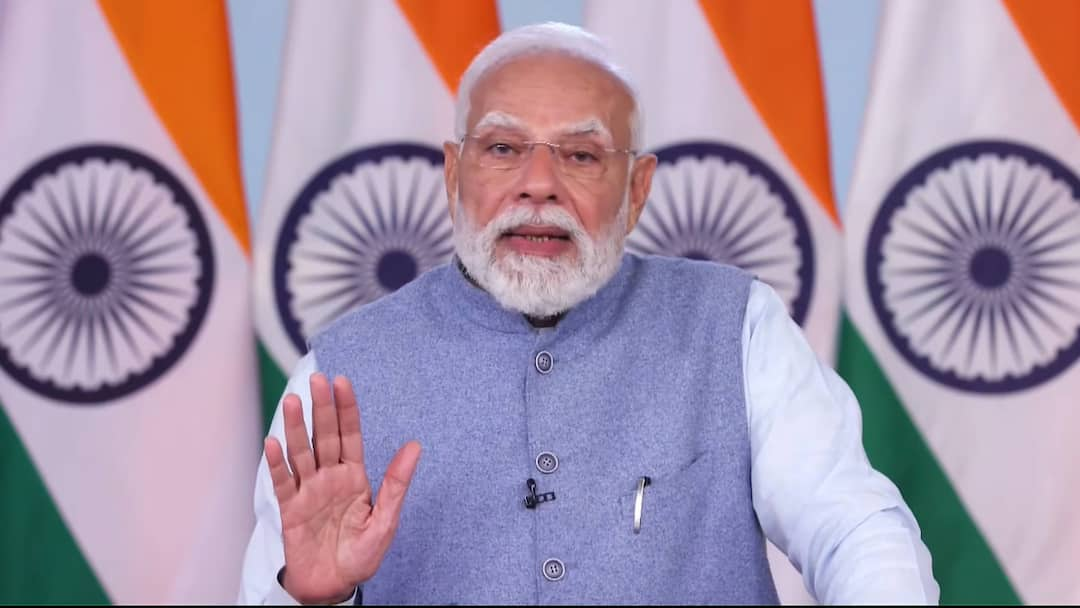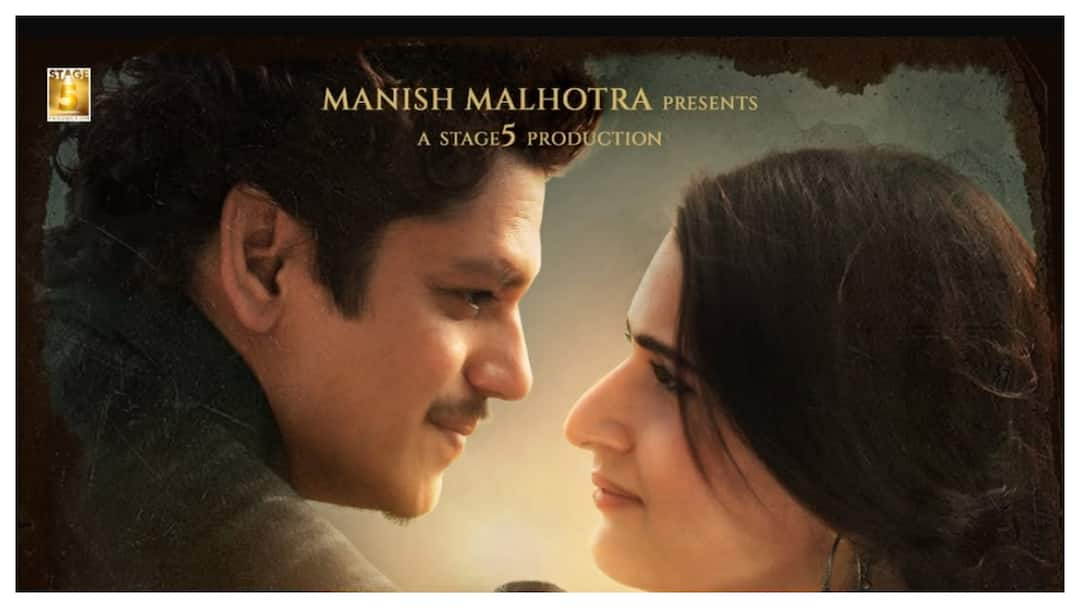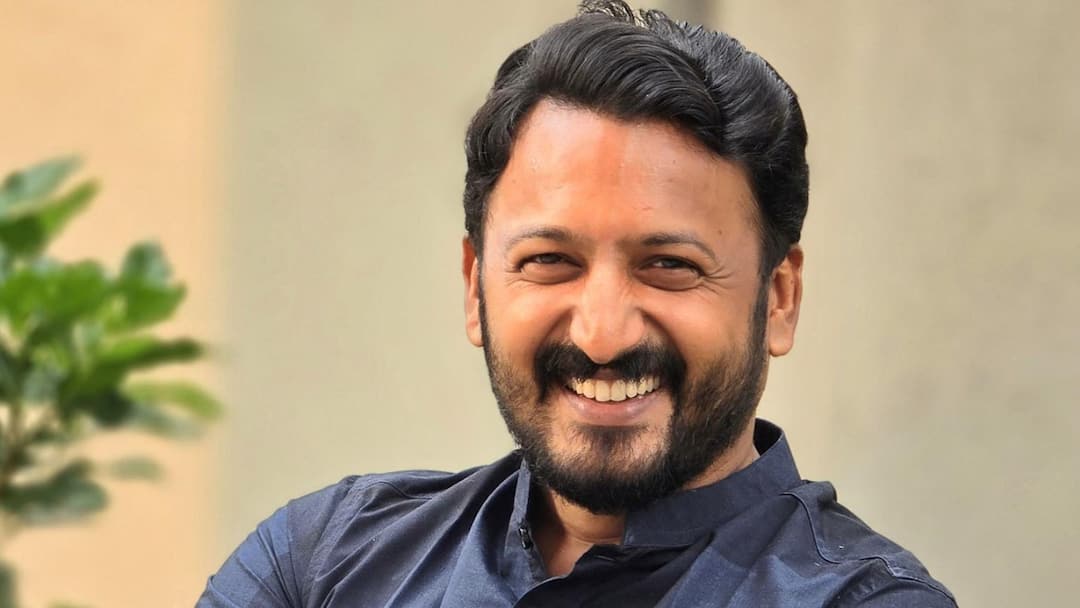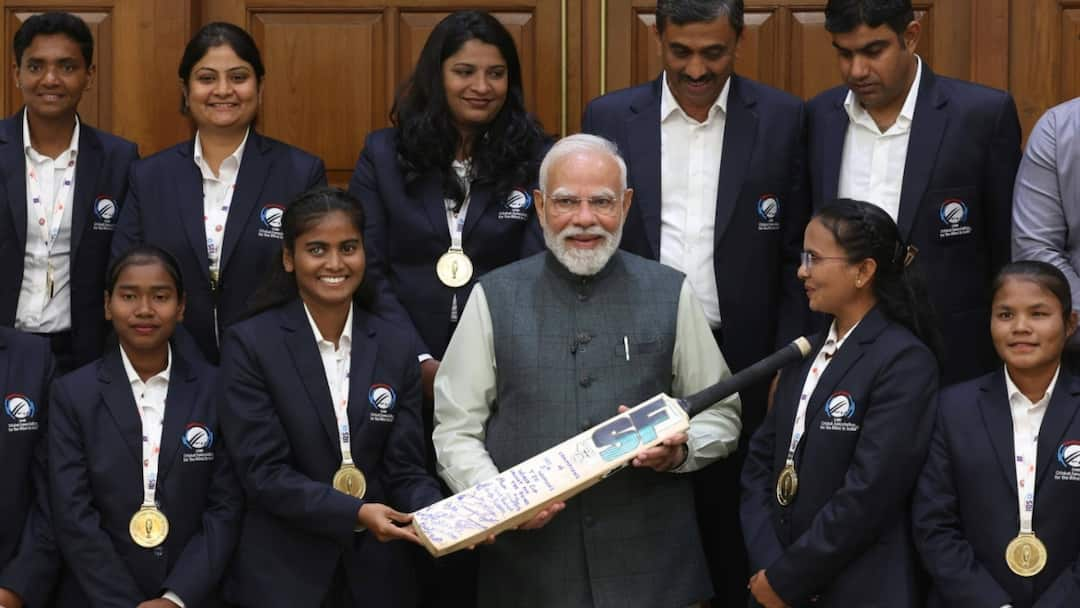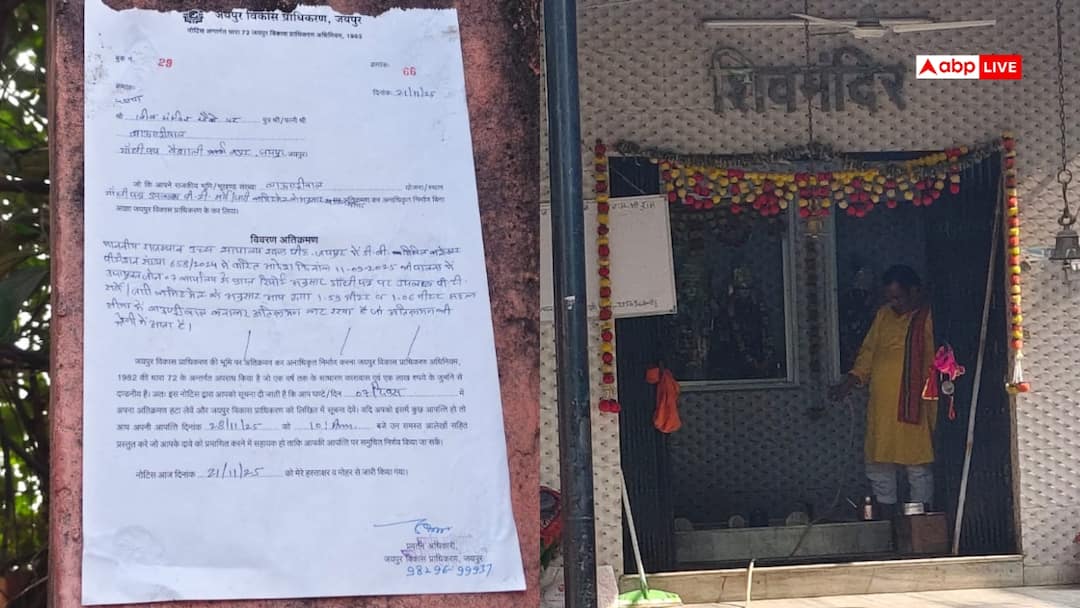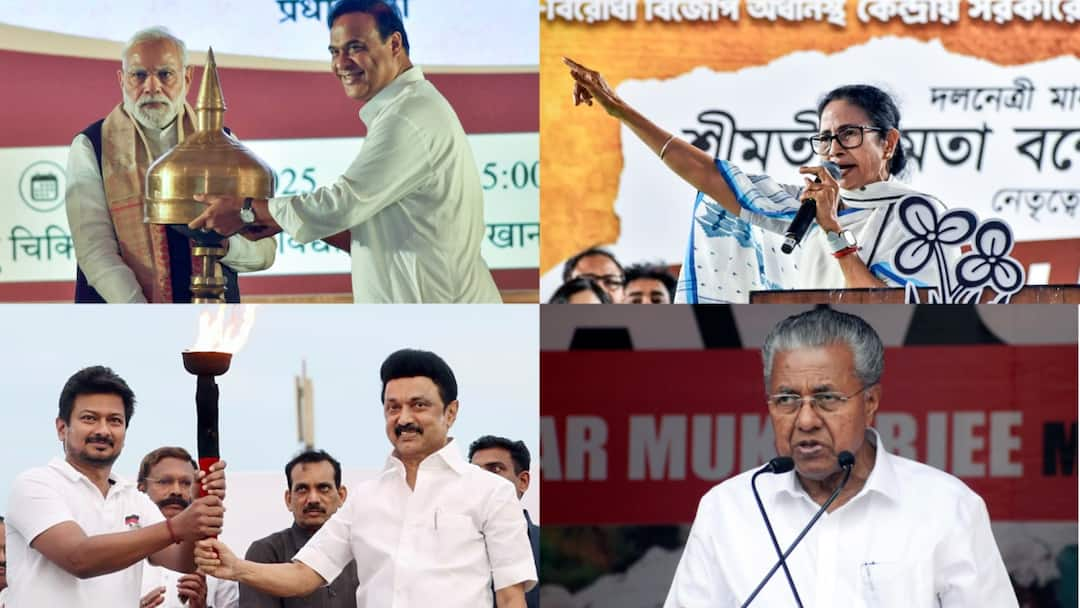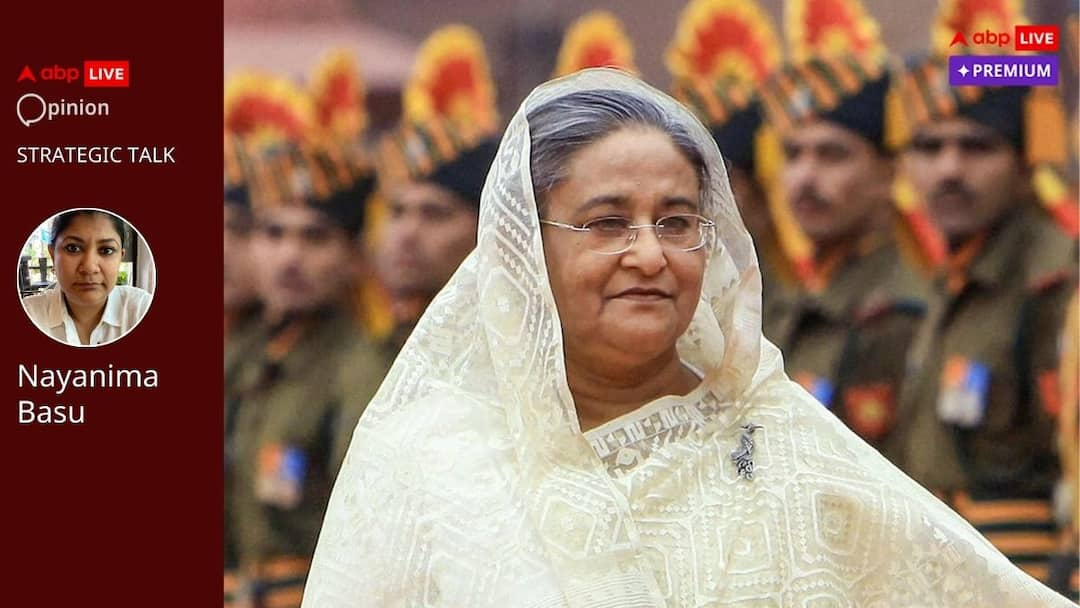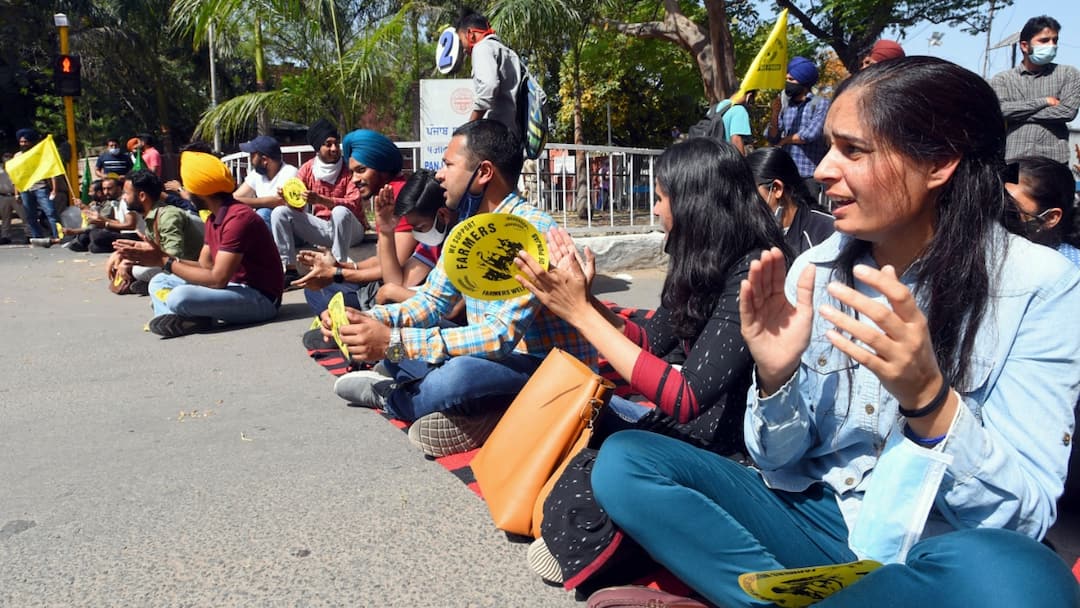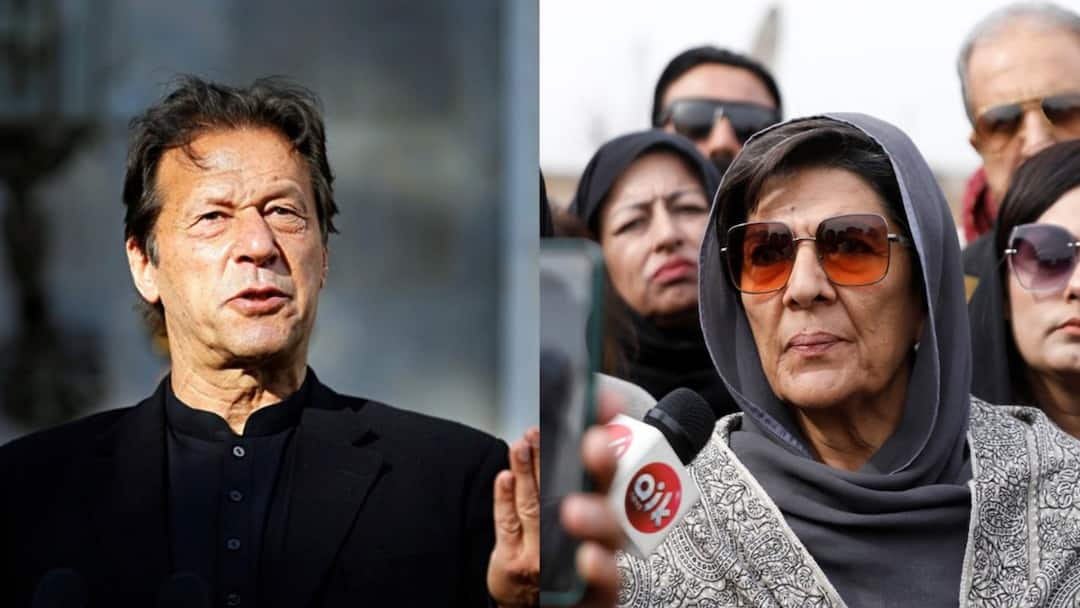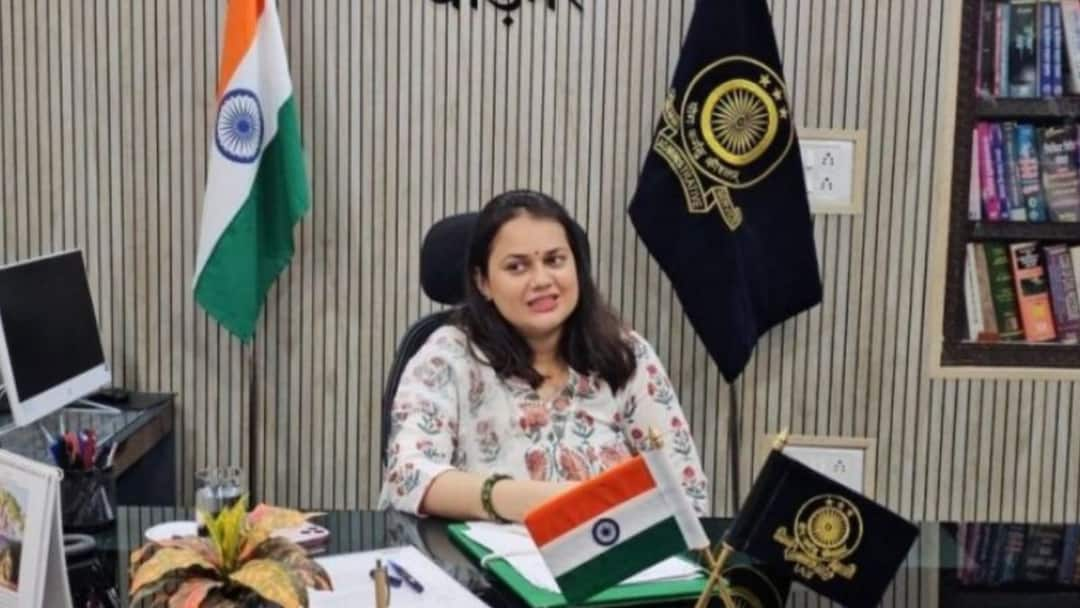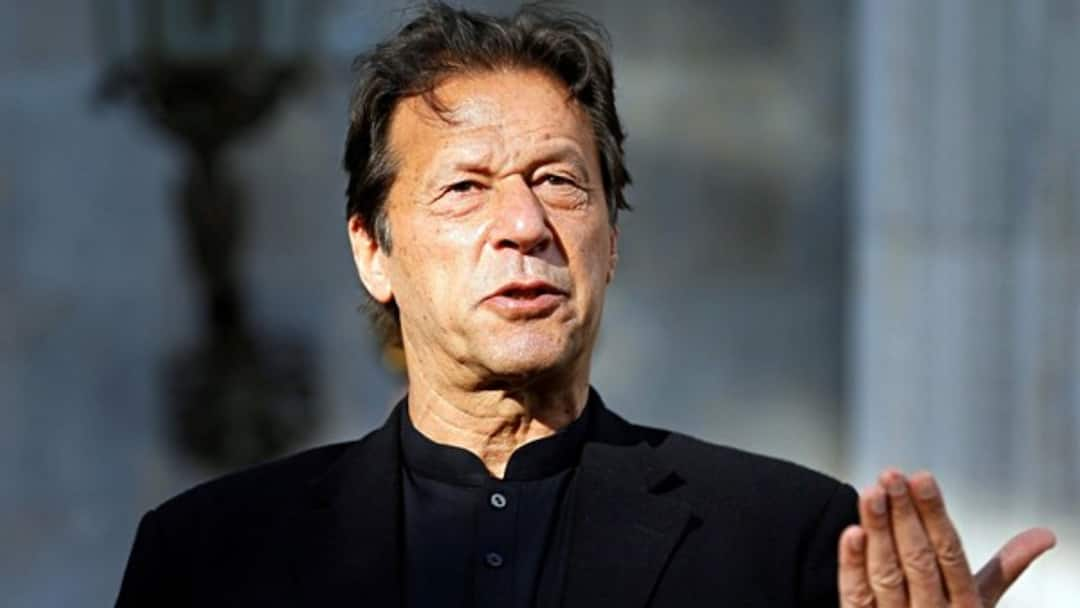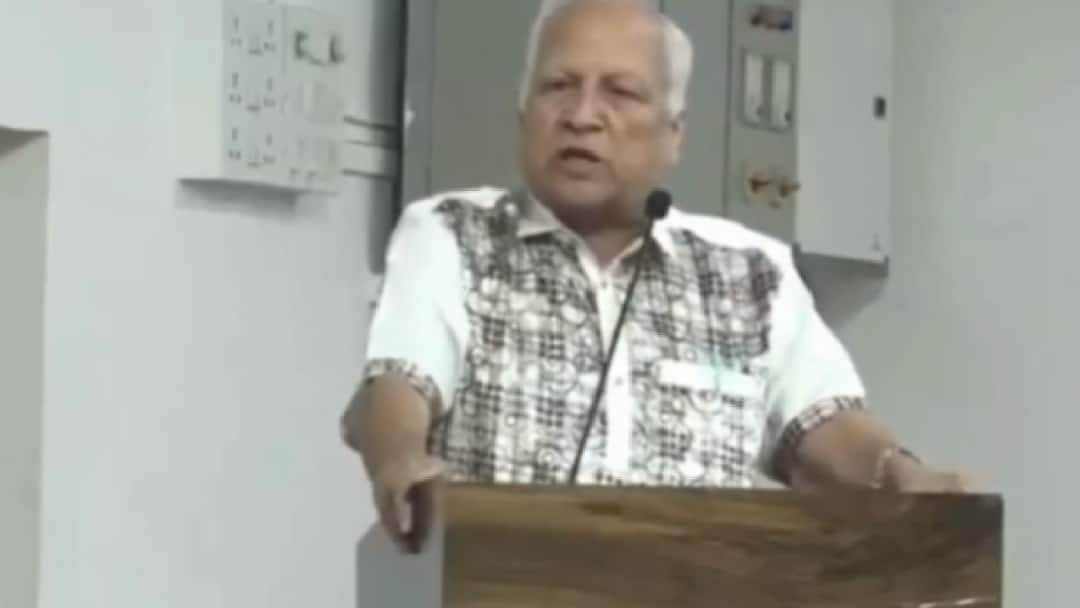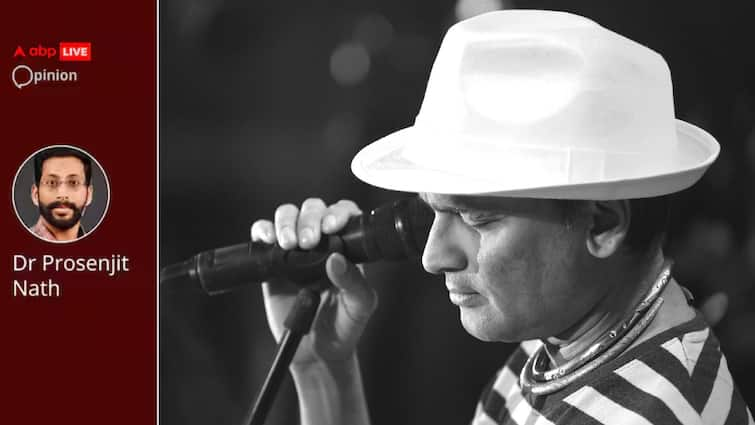
In the verdant landscapes of Assam, where the mighty Brahmaputra flows like a living poem, whispering tales of resilience and rhythm, there emerged a voice so pure and powerful that it came to define an entire generation, an entire people. That voice belonged to Zubeen Garg. For over three decades, his songs became the soundtrack of Assamese life, a bridge between tradition and modernity, and a vessel for both joy and protest. Today, as Assam and India mourn his tragic passing in a scuba diving accident in Singapore on September 19, we are reminded that some voices never truly fall silent.
Garg was not merely a singer or performer; he was an emotion, a phenomenon, and, above all, a symbol of identity. Born Zubeen Borthakur on November 18, 1972, in Tura, Meghalaya, into a family steeped in artistic heritage, he seemed destined to leave a lasting imprint on the cultural fabric of the Northeast. His father, Mohini Mohon Borthakur, was a poet and lyricist, while his mother, Ily Borthakur, was a dancer, actress, and singer. Named after the legendary conductor Zubin Mehta, Zubeen adopted “Garg” as his surname, a bold personal choice that reflected his fearless and independent spirit.
From the tender age of three, under his mother’s guidance, Zubeen began his musical journey. Over the next decade, he immersed himself in classical training, mastering the tabla under Pandit Robin Banerjee for 11 years and exploring Assamese folk traditions with Guru Ramani Rai. This foundation would later become the backbone of his versatile artistry. A gold medal at the 1992 Youth Festival for his Western solo performance lit the spark of professional ambition. That same year, his debut album, Anamika, hit the shelves, blending Bihu folk with rock, pop, and electronic beats, a revolutionary fusion that brought Assamese music into a new era.
What followed was nothing short of historic. Zubeen recorded over 38,000 songs in more than 40 languages and dialects, his voice echoing from the remote villages of Assam to Bollywood’s grand stages. His Bollywood breakthrough came with the hauntingly beautiful “Ya Ali” from Gangster (2006), which earned him the Best Playback Singer Award at the Global Indian Film Awards. Tracks like “Dil Tu Hi Bataa” from Krrish 3 and “Jaane Kya Hoga Rama Re” from Kaante cemented his place as a versatile powerhouse. Yet, despite this national fame, Zubeen’s heart remained rooted in his homeland. He composed music for over 24 Assamese films, including Echoes of Silence, which won the National Film Award for Best Music Direction, and Dinabandhu, which received a nomination at the 52nd National Awards.
But Zubeen was never just a playback singer. He was a polymath of the arts, a skilled instrumentalist who played 12 instruments, including the guitar, mandolin, dotara, dhol, and keyboard. He acted in over 30 films, debuting with Tumi Mur Matho Mur (2000), a film he also wrote, directed, and produced. His 2019 directorial, which exposed APSC recruitment corruption, grossed over Rs 7 crore, proving that regional cinema could be both socially relevant and commercially viable. Through his record label, Zubeen Garg Music, he mentored younger talents such as Angaraag “Papon” Mahanta and Zublee Baruah, ensuring that the torch of Assamese music would continue to burn brightly.
Accolades followed him everywhere, multiple Filmfare East awards, the Dr Bhupen Hazarika Award (2025) for cultural contributions, an honorary D.Litt. from the University of Science and Technology, Meghalaya (2024), and global recognition like the Guest Artist of the Year Award by the Assam Convention in Chicago (2011). Yet, to Zubeen, these honours were never the end goal. They were simply affirmations of his deeper mission: to take Assam’s voice to the world without losing its authenticity.
The Cultural Warrior
Garg didn’t just sing for Assam; he embodied Assam. At a time when the Northeast struggled to find its place in India’s mainstream narrative, he became the bridge, weaving Assamese folk traditions into modern forms and taking them to Bollywood and global stages. His 2002 album Xixu, dedicated to his sister Jongki Borthakur, who tragically died in a car accident, became a cultural milestone. It was more than music; it was personal grief transformed into collective healing.
Zubeen was unafraid to challenge power. During the anti-CAA protests, he emerged as one of the most prominent voices of resistance, releasing protest anthems like Politics Nokoriba Bandhu and performing them defiantly at Bihu functions despite bans and political backlash. When BJP MLA Shiladitya De criticised him, Zubeen retorted with characteristic boldness: “I will continue my stand against the Citizenship Amendment Bill.”
Even in the face of threats, like when ULFA warned him against performing “Ya Ali” at a Bihu event, he stood his ground. His outspokenness often led to controversy, whether it was criticising the politicisation of Bhupen Hazarika’s Bharat Ratna, tearing off his sacred Brahmin thread on stage to reject caste barriers, or making remarks that drew the ire of women’s groups. But through it all, his actions reflected a deep commitment to justice and authenticity.
Zubeen’s cultural activism extended to conservation efforts, such as promoting Majuli, the world’s largest river island, alongside peers like Papon and Adil Hussain. In 2022, Assam immortalised him with a 20-foot statue in Digboi and a bamboo bridge named after him over the Na Dihing River, a testament to how deeply he was woven into the state’s soul.
The Philanthropist with a Golden Heart
Behind the rockstar persona lay a man of extraordinary compassion. A self-described “social leftist,” Zubeen poured his energy into humanitarian causes. He raised funds for flood victims by playing charity football matches, supported initiatives for AIDS and brain cancer awareness, and planned to establish an institute for the mentally challenged.
In 2021, as the brand ambassador for Bandhan Bank in Assam, he released Axom Amaar Mone Praane, a tribute to Assamese culture blending diverse folk genres. His guiding principle came from his father’s advice: “Reduce your circles, amplify your humanity.” To countless fans, he was proof that fame and humility could coexist.
The Legend Lives On
For the people of Assam, Zubeen was more than an artist; he was family. Generations grew up humming his songs in schools, playing them at weddings, and dancing to them at Bihu functions. Whenever he performed, crowds braved the scorching sun or monsoon rains just to catch a glimpse of him. His concerts weren’t just events; they were pilgrimages, with thousands singing along in unison, their voices merging with his in a chorus of shared identity.
His passing has left an unimaginable void. Though fans knew of his health struggles and frequent hospital visits, they believed he was invincible. Zubeen had overcome so many personal and professional battles that it seemed impossible for him to ever fall silent. The shock of his sudden death, rescued from Singapore’s waters only to slip away in a hospital, has plunged Assam into collective grief.
On September 19, the day he passed away, he was scheduled to perform at the Northeast Festival. The stage awaited him, the audience awaited him, but fate had other plans. That bitter irony only deepens the sorrow.
For those living far from home, Zubeen’s voice was a lifeline, a reminder of Assam amid the anonymity of metro cities or foreign countries. His songs were not just music; they were home itself. Even listeners who didn’t understand every lyric could feel the raw emotion in his voice. Joy, sorrow, love, and longing all found expression in his melodies.
The Heart-throb of Assam
India has lost a gem, but Assam has lost its very soul. Garg was the “Heartthrob of Assam,” not just because of his extraordinary talent but because of the way he lived his life with courage, candour, and love.
He was a fearless truth-teller, a cultural warrior, a philanthropist, and above all, a friend to his people. His songs will continue to echo in tea gardens, bustling city streets, and quiet village nights. His courage will inspire future activists, and his compassion will guide future generations of artists.
For his fans, there will never be another Zubeen. Not in this lifetime. His melodies are now eternal, his legacy everlasting. As Assam grieves, it also celebrates the gift he gave a voice that will never be silenced.
Garg may have left this world, but he is not gone. He lives on in every Bihu beat, every protest chant, every tear, and every smile his music evokes. He lives on as the anthem of a people, the soul of Assam, and the eternal voice of the Brahmaputra.
Rest in rhythm, Zubeen Da. Your song will never end.
(The writer is a technocrat, political analyst, and author)
Disclaimer: The opinions, beliefs, and views expressed by the various authors and forum participants on this website are personal and do not reflect the opinions, beliefs, and views of ABP Network Pvt. Ltd.
Doonited Affiliated: Syndicate News Hunt
This report has been published as part of an auto-generated syndicated wire feed. Except for the headline, the content has not been modified or edited by Doonited




